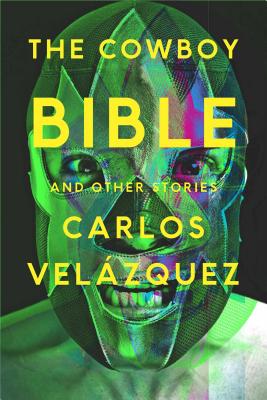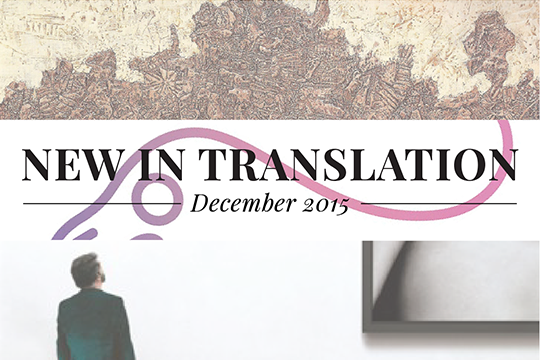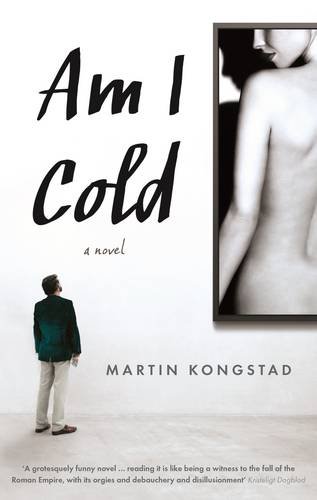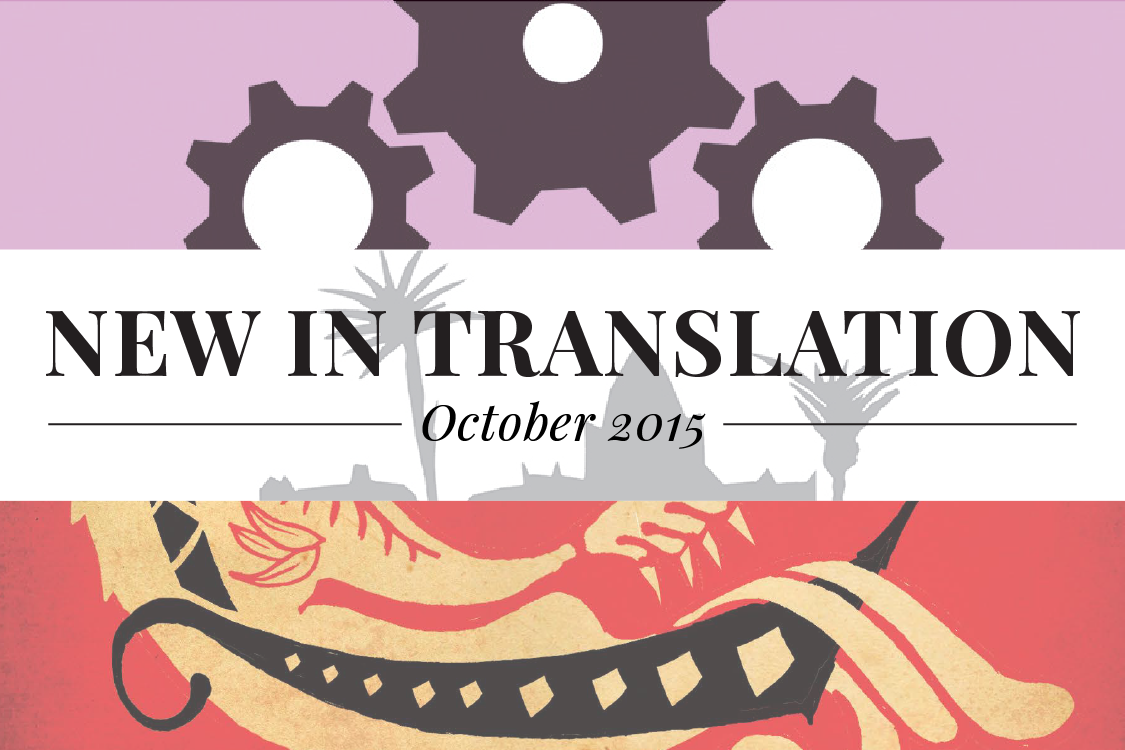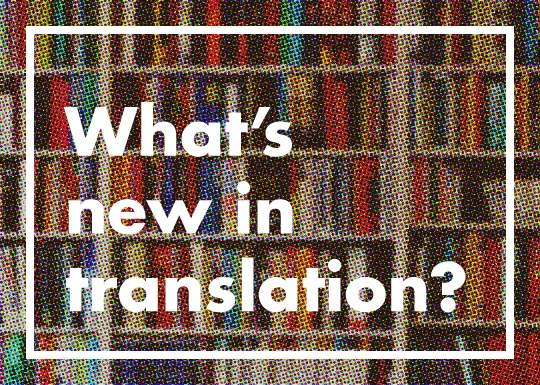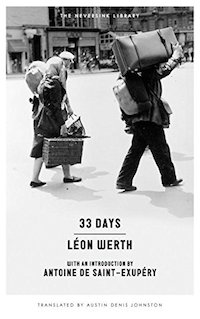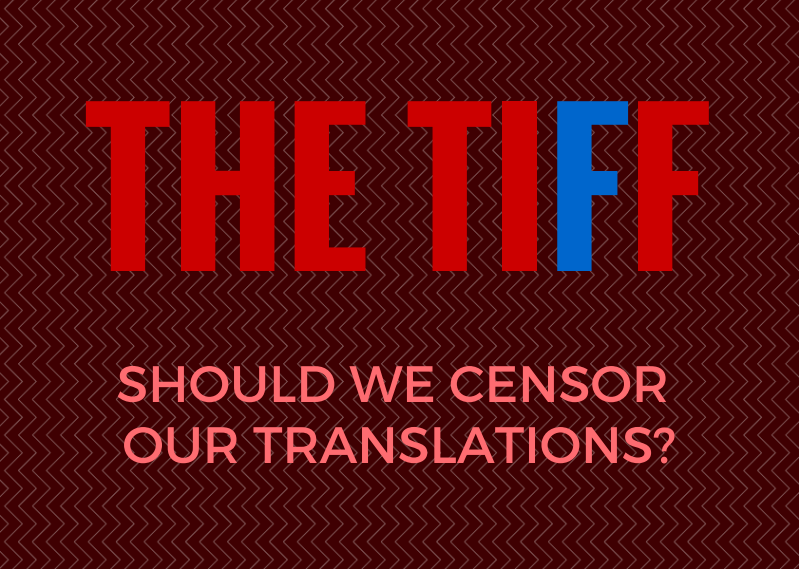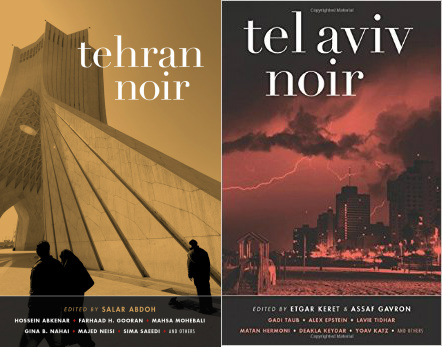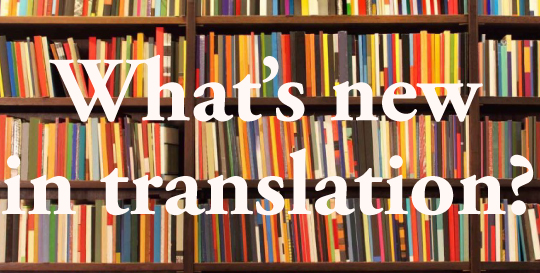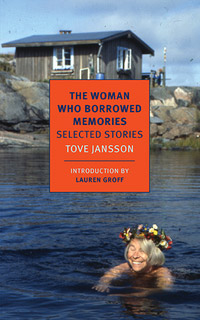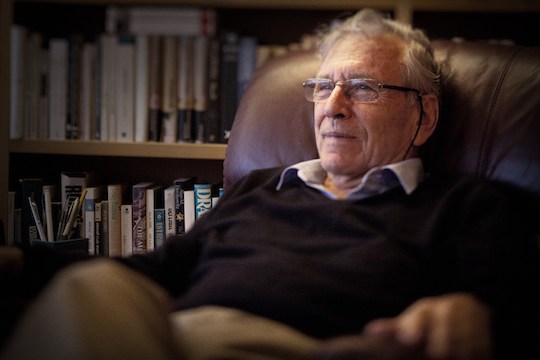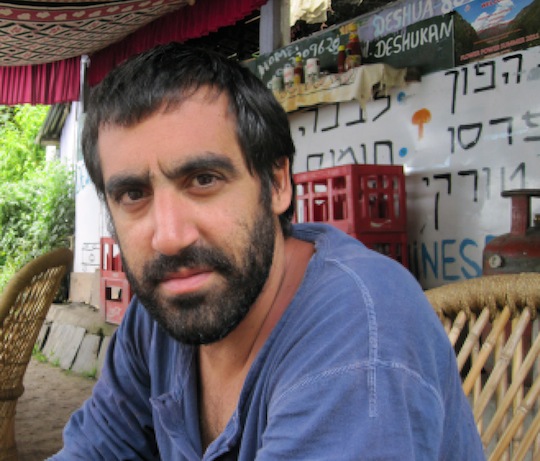Eugene Vodolazkin, Laurus (Oneworld Publishers, October 2015). Translated by Lisa C. Hayden—review by Beau Lowenstern, Editor-at-Large Australia
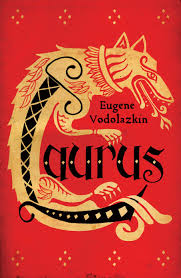
Laurus, the second novel by Russian writer Eugene Vodolazkin (after Solovyov and Larionov, due to appear in English in 2016), is in one breath, a timeless epic, trekking the well-trodden fields of faith, love, and the infinite depth of loss and search for meaning. In another, it is pointed, touching, and at times humorous, unpredictably straying from the path and leading readers along a wild chase through time, language, and medieval Europe. Winner of both the National Big Book Prize (Russia) and the Yasnaya Polyana Award, Vodolazkin’s experimental style envelopes the reader, drawing them into a world far from their own, yet indescribably intimate.
Spanning late fifteenth-century Russia to early twentieth-century Italy, the novel recounts the multiple lives (or stages of life) of a saint and the story of his becoming. Born Arseny in 1440, he is raised by his grandfather after his parents die from the plague that torments much of Russia and Europe. Recognising the boy’s gift for healing, his grandfather instills in him knowledge of healing and herbalism. Arseny aids the pestilence-stricken villagers, yet his powers of healing are overshadowed by his helplessness in preventing his grandfather’s death, as well as the passing of his beloved Ustina. Abandoning his village, past and namesake, Arseny begins a voyage that will transcend country and identity. Kaleidoscopic in his language and reach, Vodolazkin takes us on a journey of discovery and absolution, threaded together through the various, often mystical lives of Arseny as a healer, husband, holy fool, pilgrim and hermit. READ MORE…



